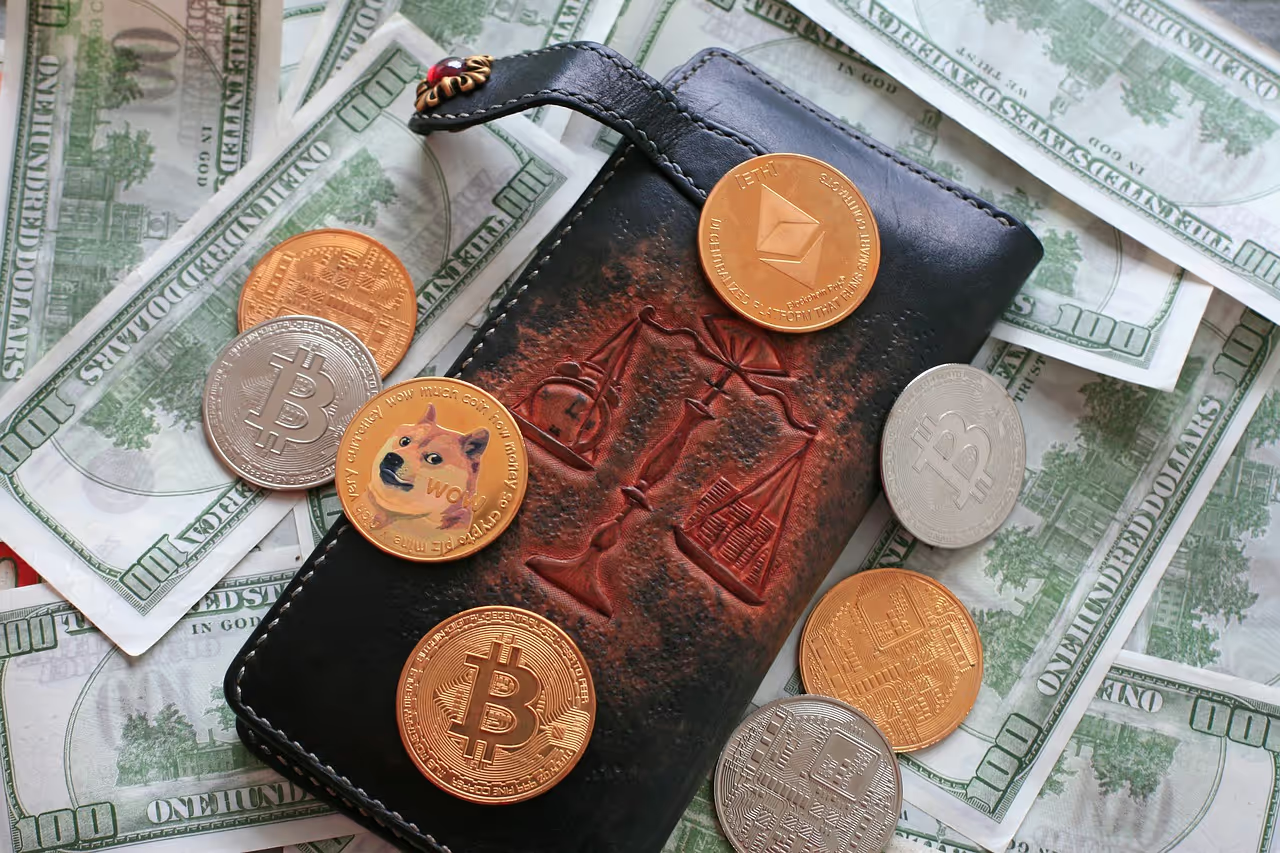
Fan Tokens: New Crypto Asset Regulation Insights
After more than a decade, cryptocurrencies have risen to prominence in global finance, promising more security, value, and convenience through the blockchain. In response, governments stepped in to provide consumers with further protections. We’ve previously discussed AML frameworks, which help increase the level of transparency in transactions and lower the risk that crypto will be used for money laundering and terrorist financing.
After more than a decade, cryptocurrencies have risen to prominence in global finance, promising more security, value, and convenience through the blockchain. In response, governments stepped in to provide consumers with further protections. We've previously discussed AML frameworks, which help increase the level of transparency in transactions and lower the risk that crypto will be used for money laundering and terrorist financing.
Now, the world of crypto has produced yet another blockchain-powered innovation: fan tokens. These have already made waves in the sports world, where their market cap has increased by 60% in the last half of 2021 alone. However, the risks to these newly-minted digital assets are yet unknown. Below we discuss more about fan tokens and the regulations being enacted to ensure sports fans continue to receive the benefits they provide.
What are fan tokens?
At first glance, fan tokens appear similar to regular cryptocurrency. They're stored on the blockchain, can be exchanged for other fan tokens, or act as investments. However, the similarities end here. Fan tokens serve a particular purpose: they help sports teams provide benefits to loyal fans. For example, fan token holders can influence the decisions of their favorite teams and unlock VIP rewards and promotions.
Today, many sports entities offer their own unique fan tokens. These include football clubs like Manchester City and FC Barcelona, MMA supergiant UFC, racing leaders Formula 1 and NASCAR, and even esports teams like OG, Team Vitality, and Endpoint CeX. Blockchain provider Chiliz is a major partner in these new ventures. With the Maltese company recently announcing a $50 million investment for its US expansion plans, this list of big names is only expected to grow longer.
Initial regulations
With their skyrocketing popularity, fan tokens have now garnered the attention of governments wishing to better protect consumers from any risks they may pose. In the UK, where over 2.3 million people now hold crypto assets like fan tokens, the Financial Conduct Authority now requires advertisements to be similar to those used for financial products like stocks and insurance.
Other countries are now following the UK's lead. Spain’s National Securities Market Commission requires advertisements to be preapproved if aimed at audiences of more than 100,000 people. Meanwhile, the Monetary Authority of Singapore has banned crypto and fan token platforms from advertising publicly both off- and online. Promotional activities are instead limited to these platforms' official websites, apps, and social media accounts.
Growing trend
With the fan token market slowly expanding in the US, similar regulations from the SEC may be following shortly. Meanwhile, think tanks and other financial experts are recommending further measures. Among them is Charles Randell, chair of the Cambridge International Symposium on Economic Crime.
Randell recommends legislation as the only permanent solution to online fraud resulting from the purchase of fan tokens and other crypto assets. One example is Google refusing to run ads for financial products, unless the platforms running them are regulated by a country's financial authorities. However, he warns that legislators should strike a balance between protecting consumers and preserving an environment in which fan tokens and other crypto assets can thrive.
Only time will tell if bigger moves along these lines will be made in the US, especially given that fan tokens, like other crypto assets, were created on a foundation of deregulation and decentralization. However, initial steps taken by countries across the globe prove that it’s both possible and necessary to make fan tokens a safer and better asset — not just for investors, but for sports teams and fans that benefit from them.



